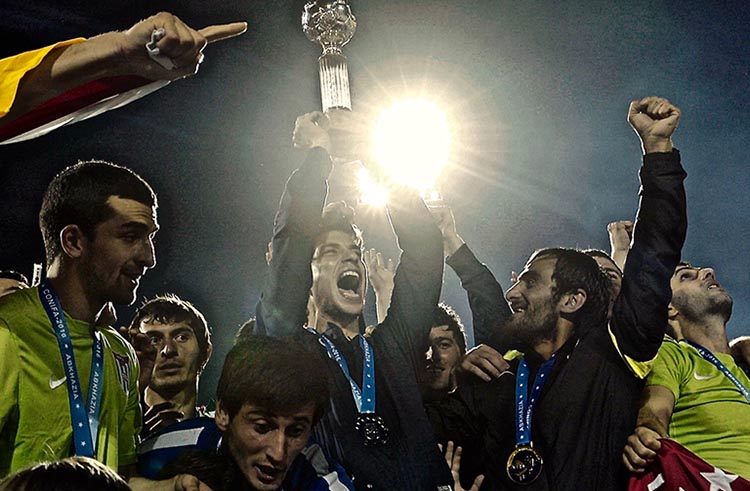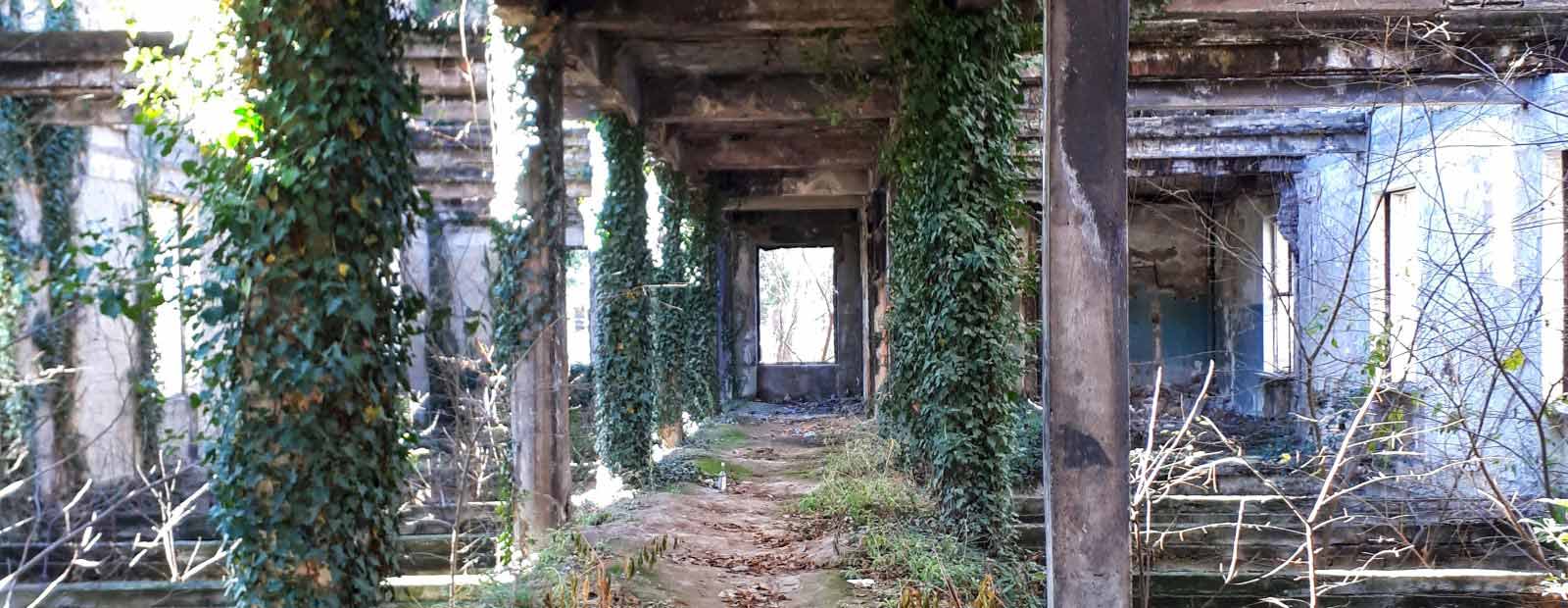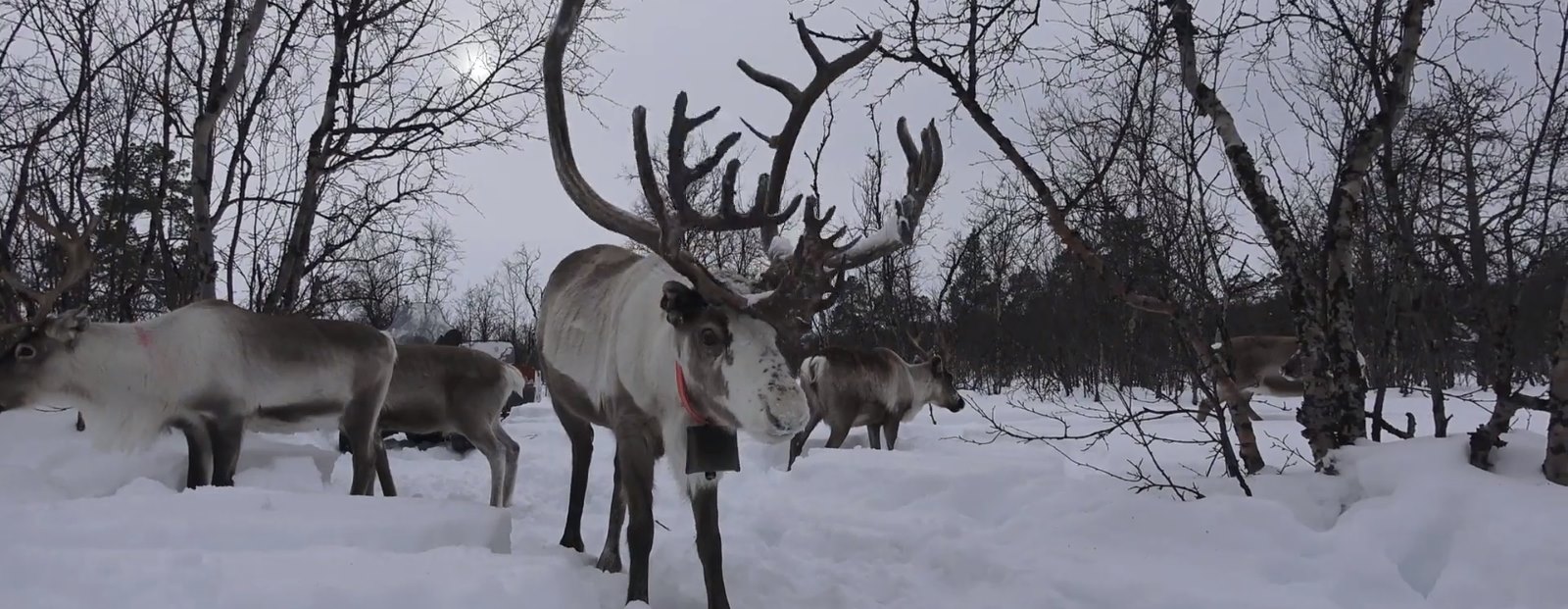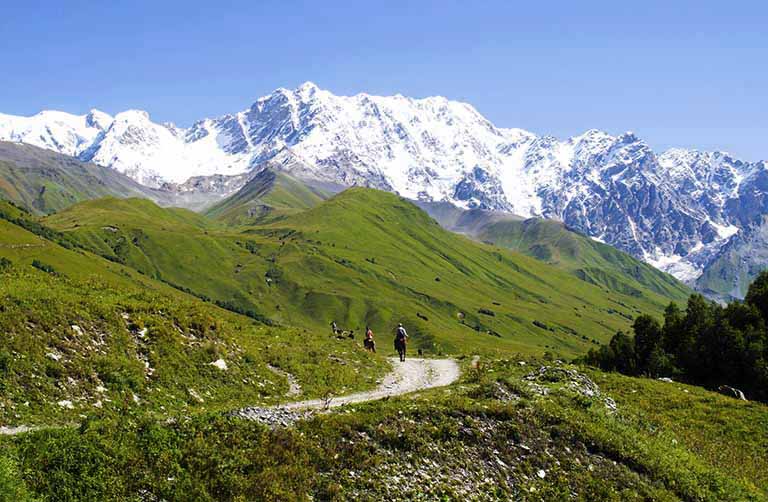Joe Furey explains the soccer tournament that lets indigenous minorities, diaspora communities, and unrecognized nations express their pride, unity, and love of the game.
 Photo © Joe Furey
Photo © Joe Furey
With barely two minutes of normal time on the clock, the usually rowdy football stadium had gone funereally quiet. The team with the home advantage was a goal behind and their supporters had all but abandoned hope of them drawing level in what had been a tightly contested match.
But one effortless-looking run down the right wing, a come-and-get-me cross, and a neat finish later, the terraces were transformed. Flags, discarded as trash moments before, were unfurled in a delirium of national pride, and jet planes had nothing on the noise. The trailing team had equalized, securing a penalty shootout. The final was far from over.
They went on to win, and ecstasy took hold. I’ll always remember that comeback strike, the moment when the hope of a home victory was restored – I swear I could hear the air rushing back into each set of collapsed lungs.
So far, so soccer, eh? Well, maybe so, but this was no ordinary game of two halves. This was a World Cup final. Now, any World Cup final is kind of a big deal, but, to my mind, this one was bigger, because it came with a difference. This was a World Cup final for countries that don’t exist.
Let me explain…
- A tournament for unrecognized soccer teams
- Building bridges through the joy of football
- The tournament’s next host: Skopje, North Macedonia
- The 2020 CONIFA World Football Cup
- Trip Notes
A tournament for unrecognized soccer teams
The CONIFA World Football Cup is an international soccer tournament that has been held every two years since 2014. Its organizer, the Confederation of Independent Football Associations (CONIFA), represents soccer teams that the sport’s governing body, FIFA, doesn’t recognize.
CONIFA’s 58 members include sovereign states (Monaco, Tuvalu, and Kiribati), diaspora communities (the Romani, Kurds, and Barotse), minorities (Koreans in Japan, Hungarians in Romania, and the indigenous peoples of Australia) and, most controversially, a handful of pro-Russian breakaway republics largely unacknowledged by the United Nations (Luhansk, Donetsk, Transnistria, South Ossetia, and Abkhazia).
I saw Abkhazia lift the cup in June 2016. They beat Panjab (a UK-based team that represents the Punjabi diaspora) in Sukhumi, the country’s capital. A former autonomous republic of Georgia that declared independence in 1999 – after a decade of civil unrest and a couple of years of war – Abkhazia has the backing of just five member states of the United Nations and is considered Russian-occupied territory by the rest of the world.

The Russians have always liked Abkhazia. A subtropical strip of lushly forested land on the eastern coast of the Black Sea, it was known as the Soviet Riviera back when the Politburo used to dot its hillsides with dachas and sun themselves like elephant seals on its stony beaches.
Sukhumi has a resort-y air, with cafes spilling out on to the street, and the scent of osmanthus blossoms on the breeze. It feels like a place that’s taking a slow constitutional after a long illness. It doesn’t look war-ravaged any longer, but no one’s in any doubt as to where all the holes came from.
Building bridges through the joy of football
CONIFA’s stated aim is “to build bridges between people, nations, minorities, and isolated regions all over the world through friendship, culture and the joy of playing football”. Its president, Per-Anders Blind, is keen to point out that the tournament transcends politics, despite the searching light it throws on such contentious issues as national prejudices, border conflict, forced migrations, and ethnic cleansing.
“Everyone has the right to exist, on their own terms, to choose their tribe, and we bring those people together,“ Blind says. “Often they have been persecuted. CONIFA encourages them to take pride and find strength in their identity.
“It is personal for me, too. I’m the son of a reindeer herder in the Swedish and Norwegian mountains. I was born and raised as part of a discriminated-against people, the Sami. They too have a team [FA Sápmi].”
The tournament’s next host: Skopje, North Macedonia
The 2020 tournament will take place in Skopje, the capital of North Macedonia, the former Yugoslavian republic previously known as plain old Macedonia.
The country was renamed in early 2019 at the insistence of Greece, its southern neighbor, which believed its use of “Macedonia” alone indicated it had territorial designs on those parts of Greece that belonged to the ancient kingdom of Macedonia. The name change put an end to 28 years of damaged relations between the two nations.
Having visited Skopje in the past three years, I think Greece might have been on to something. I found the city fascinating, but for reasons that would horrify many Greeks.

About a decade ago, the governing party of Macedonia decided to remodel Skopje in a bid to showcase its history and bring in tourists. The central business district grew up and out, Communist-era blocks were refaced, and hundreds of statues were erected. The overall effect suggests a landing pad for a Hellenic spaceship piloted by Walt Disney, equal parts tribute to and send-up of Ancient Greece. It’s certainly culturally appropriative, almost criminally kitschy, and incredibly claustrophobic – you can barely step back to look at one be-plinthed king without bumping into another – but I confess I love it, even if only a few of the locals share my enthusiasm.
The 2020 CONIFA World Football Cup
North Macedonia isn’t a CONIFA member, but the first choice of host, the self-declared state of Somaliland, was deemed not quite up to the job for a number of logistical reasons.
The teams that have qualified to compete so far are: Western Sahara (a territory disputed between Morocco and the Sahrawi Arab Democratic Republic); Mapuche (an autonomist movement of indigenous peoples in Chile and Argentina); Kárpátalja (the Hungarian minority in western Ukraine); South Ossetia (a breakaway state, formerly of Georgia); Darfur (war refugees from western Sudan); Matabeleland (the Ndebele-majority region of western Zimbabwe); and Kabylia (the Berbers of north Algeria).
Trip Notes
Getting there
Air Serbia, Swiss, and Czech, Austrian and Turkish Airlines all serve Skopje, but Wizz Air, which flies from London-Luton for USD $65 round trip, has the most appeal. Comfortable, close-to-the-action accommodation is available from USD $25 a night, though early booking is advised.
Related articles
Simple and flexible travel insurance
You can buy at home or while traveling, and claim online from anywhere in the world. With 150+ adventure activities covered and 24/7 emergency assistance.
Get a quote


1 Comment
Interesting!